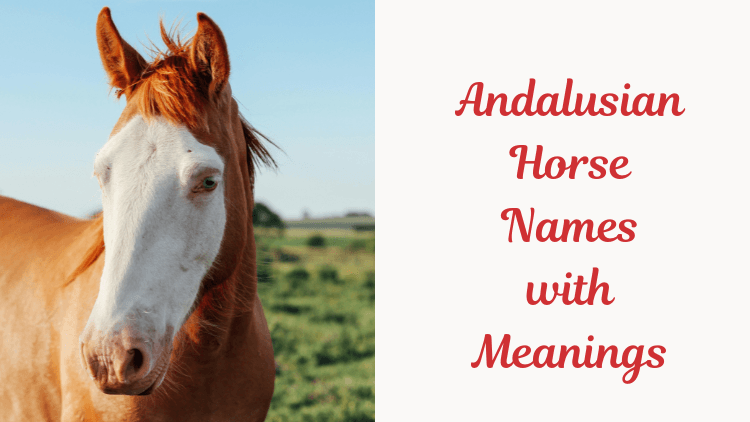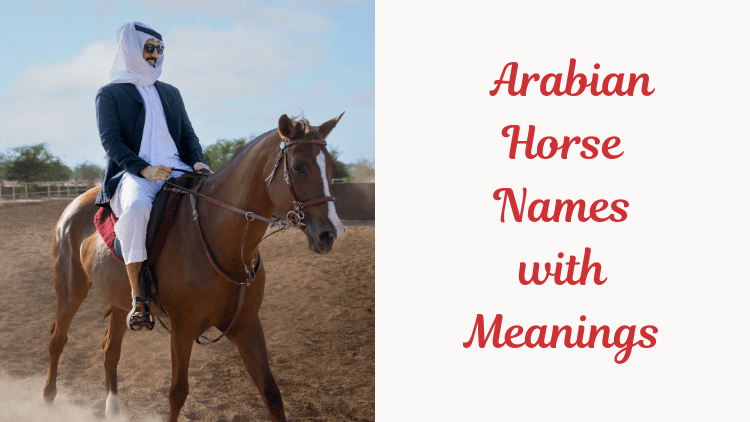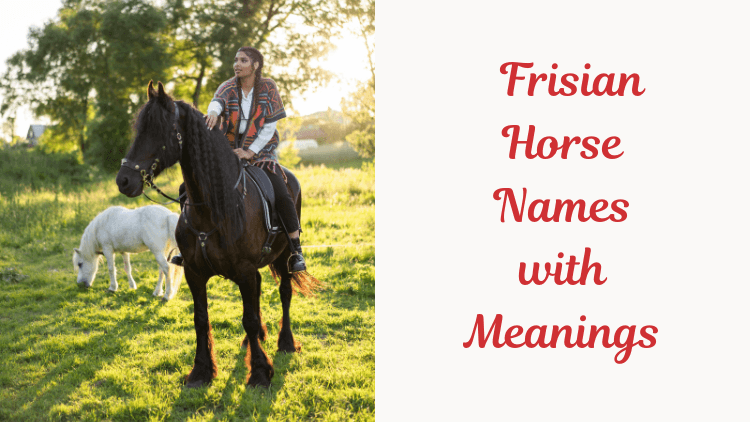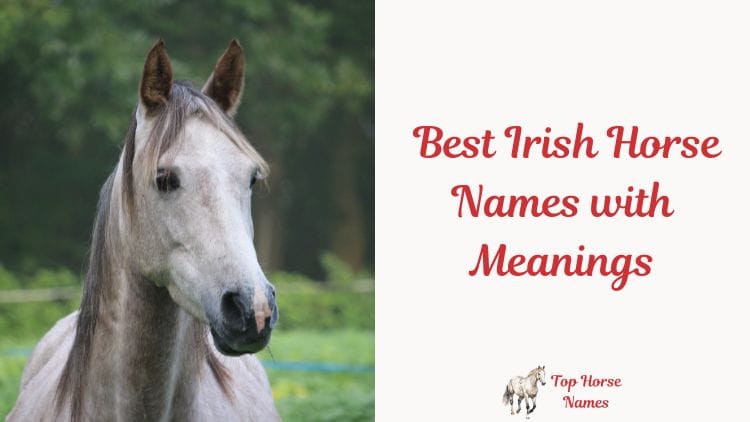How to Choose a Name That Fits Your Horse’s Breed and Heritage

Naming your horse is one of the most exciting and meaningful decisions you’ll make as an owner. The name you choose reflects not only your horse’s unique personality but also its breed and heritage.
In this guide, we’ll explore how to choose a name that fits your horse’s breed and heritage, offering practical tips, real-life examples, and inspiration to help you pick the perfect name.
From understanding cultural influences to drawing inspiration from historical references, you’ll find everything you need to know.
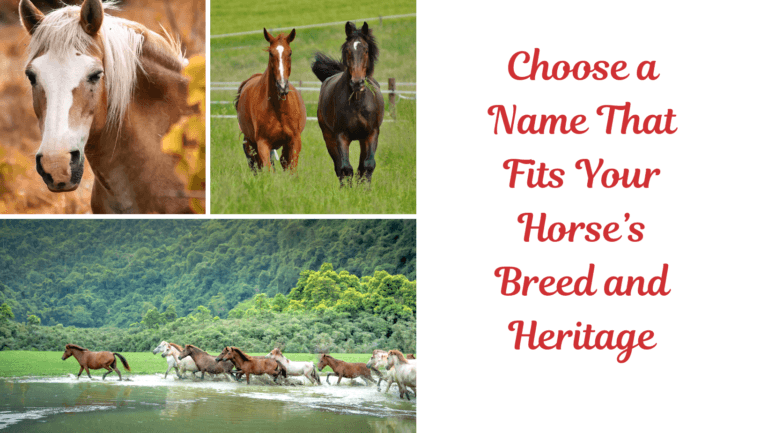
1. Understand Your Horse’s Breed Characteristics
Every horse breed has specific traits and a rich history. By understanding these characteristics, you can select a name that complements your horse’s identity. For example:
- Arabian Horses: Known for their elegance and endurance, names like Amira (princess in Arabic) or Sirocco (a desert wind) would reflect their Middle Eastern heritage.
- Icelandic Horses: With their ties to Norse mythology and rugged landscapes, names such as Thor or Skadi would honor their Viking roots.
- Appaloosas: Famous for their spotted coats and connection to Native American history, names like Rain (inspired by the horse from “Spirit”) or Dakota work well.
Take time to research your horse’s breed. Knowing its origins and traits will help you find a meaningful name.
2. Consider the Horse’s Heritage and History
Heritage plays a crucial role in naming. If your horse’s breed originates from a specific region or culture, you can find inspiration there. Here are some examples:
- Irish Draft Horses: Choose names inspired by Irish folklore, such as Finn (after the legendary hero Finn MacCool) or Aisling (meaning “dream” in Irish).
- Spanish Andalusians: Reflect their Spanish elegance with names like Sálvador (meaning savior) or Luna (moon).
- Mustangs: As symbols of the American West, names like Cimarron (wild one) or Blaze would be fitting.
Matching a name to the horse’s cultural background adds authenticity and a personal touch.
3. Incorporate Physical Appearance
A horse’s coat color, markings, and overall appearance can inspire its name. Many names are chosen based on these features:
- Black Horse: Names like Shadow, Midnight, or Obsidian reflect their dark coats.
- White or Grey Horse: Options like Snowflake, Silver, or Nimbus suit their lighter hues.
- Spotted Horse: Names such as Freckles, Dapple, or Patches highlight their unique patterns.
By blending appearance with breed heritage, you can create a name that’s both descriptive and meaningful.
4. Draw Inspiration from Mythology and Legends
Horses have been central to myths and legends across cultures. Mythological names often carry deep meanings and a sense of grandeur. For example:
- Pegasus: The winged horse from Greek mythology, ideal for a white or grey horse.
- Epona: The Celtic goddess of horses, perfect for breeds with European roots.
- Sleipnir: Odin’s eight-legged horse from Norse mythology, a strong choice for Icelandic horses.
These names not only honor the horse’s heritage but also add a story to their identity.
5. Keep Pronunciation and Simplicity in Mind
While it’s tempting to choose a complex or exotic name, ensure it’s easy to pronounce and remember. This is especially important if others will interact with your horse, such as trainers or veterinarians. For instance:
- Instead of Xerxes, you could use Zeke.
- Rather than Quetzalcoatl, opt for Quetzal.
Shorter, simpler names are easier for daily use and training commands.
6. Test the Name’s Fit
Once you’ve narrowed down a few options, try saying them out loud while interacting with your horse. Does the name feel natural? Does your horse respond to it? A name like Majesty might suit a regal Friesian, but a playful pony might be better with a fun name like Bubbles.
Observe your horse’s personality and energy. A high-spirited Thoroughbred might suit a bold name like Comet, while a gentle draft horse could wear a soft name like Willow.
7. Look to Nature for Inspiration
Nature-inspired names are timeless and often match a horse’s breed or environment:
- Mountains: Everest for a sturdy and resilient horse.
- Rivers: Danube for a European breed or Rio for a Spanish-origin horse.
- Seasons: Autumn for a chestnut horse or Frost for a grey horse.
Nature names are versatile and can complement almost any breed.
8. Be Creative but Respectful
While creativity is encouraged, it’s essential to respect cultural and historical significance. Avoid names that could be offensive or misrepresent the horse’s heritage. For example, using sacred or ceremonial terms from a culture you’re unfamiliar with might not be appropriate.
Instead, take time to understand the meanings and stories behind potential names. This ensures your choice is both thoughtful and respectful.
9. Use Online Tools and Resources
If you’re stuck, online horse name generators, cultural name lists, and historical references can be helpful. Websites dedicated to horse names often categorize options by breed, gender, and theme. These tools can spark ideas and help you discover unique names you might not have considered.
10. Enjoy the Process
Naming your horse should be a fun and personal experience. Don’t rush the decision—take your time to find a name that truly fits. Whether you’re inspired by your horse’s breed, heritage, or personality, the right name will feel like a perfect match.
Final Thoughts
A horse’s name is more than just a way to call them—it’s a tribute to their unique qualities and a nod to their background.
By considering their breed, heritage, appearance, and personality, you can choose a meaningful, memorable, and fitting name.
So, whether you’re naming a majestic Friesian or a spirited Mustang, remember: that the best name celebrates your horse’s story.

